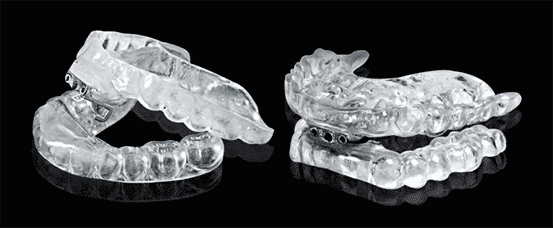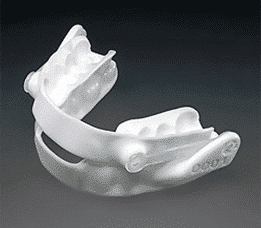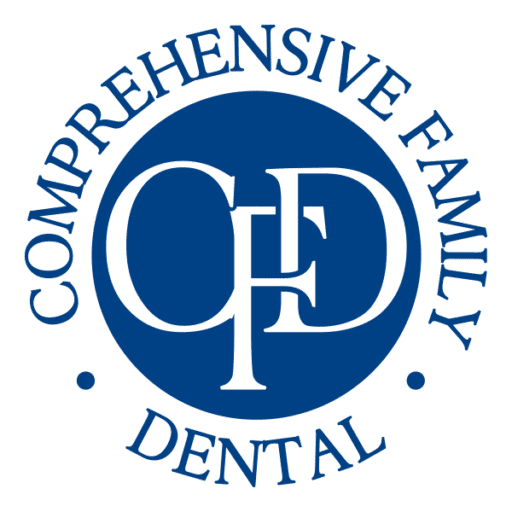Sleep Apnea & Snoring Treatment
Treatment in Victoria, TX
Dental sleep medicine is an area of dental practice focusing on the use of oral appliance therapy to treat sleep-disordered breathing, including sleep apnea and snoring. Dr. Tim Rainey is a certified AADSM (American Academy of Dental Sleep Medicine) dentist & Diplomate of the American Board of Dental Sleep Medicine with an ongoing focus on keeping his knowledge the only doctor within 100 miles to perform this service and research of dental sleep medicine current.
What is Obstructive Sleep Apnea?
According to the National Institute of Health, an estimated 18 million U.S. adults suffer from obstructive sleep apnea (OSA). OSA causes muscles in the mouth, jaw, and throat to relax to the point of collapse during sleep, obstructing the airway and making breathing difficult. This compromised breathing limits oxygen to the brain, which means OSA patients can wake up intermittently during the night—and the sleep they do get is not the restful, quality sleep needed to remain healthy.
How Can Dental Sleep Medicine Help OSA?
CPAP (Continuous Positive Airway Pressure) machines are usually the first sleep apnea treatment recommended after diagnosis. However, many patients find they cannot tolerate the mask, for reasons ranging from claustrophobia to inconvenience to machine noise. Comprehensive Family Dental offers an alternative solution in the form of oral appliance therapy—custom-fabricated dental appliances that are worn during sleep. These special mouthguards are designed to position the teeth and jaw to open the airway for higher-quality sleep.
So, Where Do You Start?
You may be concerned that something is not right with your sleep. Maybe you have morning headaches, daytime sleepiness, or you’re hearing complaints about your snoring. If this sounds like you, please make an appointment with us. We can help you arrange for a sleep study or consultation with a sleep physician if necessary.
What Should You Expect?
Dr. Rainey will examine the mouth for oral signs and symptoms of a potential airway issue. There are other signs that we look for, as well as questions that will help us to screen. Many patients are reluctant to discuss airway issues and be screened for sleep apnea at the dentist because they believe that the CPAP mask is their only option, but we hope to educate about oral appliance therapy to make you aware of all your options. The most important thing to us is that you are comfortable and happy with your treatment, whether the CPAP works for you or oral appliance therapy is more effective. We want you well-rested and healthy!
Signs of a Possible Sleep Breathing Disorder
- Getting up to use the restroom one or more times during the night
- Waking up tired or with “brain fog” after adequate sleep time
- Snoring
- Waking up with a “choking sensation”
- Difficulty getting to sleep or staying asleep
- Severe wear on teeth
- Grinding teeth or clenching teeth
- Waking up sweating
- Needing to take naps during the day
- Gastric reflux (GERD) of unknown origin
- A hoarse voice in the morning
- Waking up with headaches or migraines
- Restless legs or jerking movements of legs during sleep
The Dangers of Snoring
- Snoring is related to high blood pressure, heart disease, and acid reflux
- Snoring has been shown to contribute to carotid artery plaque formation that can lead to strokes
- Daytime sleepiness and fatigue
- Sleep disturbances that can affect memory, irritability and fatigue
Let’s Take A Quick Test
Use the short questionnaire that can help you determine your possible risk for sleep apnea: In the last 30 days, how likely are you to doze off or fall asleep in these situations?
What if you score 10 or greater? The next step is to schedule an appointment here with us for a more in-depth screening in the office. Should it be determined that you are at risk for sleep apnea or another upper airway problem, we can help you get a sleep study and have it read by a sleep physician.
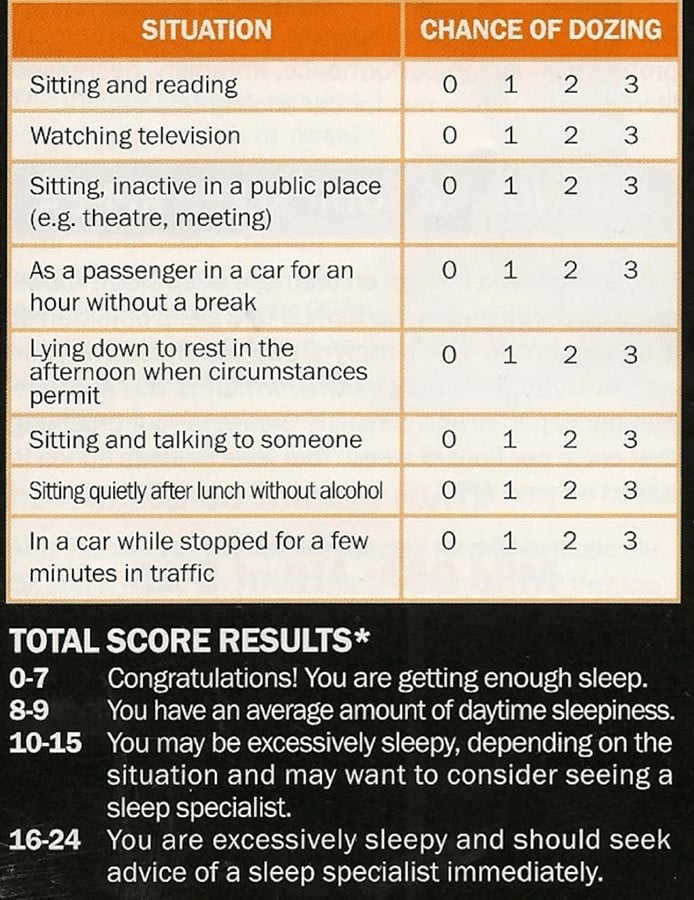
Sleep Studies
There are 2 types of sleep studies: overnight studies done in a sleep lab, and those done with take-home equipment where you sleep in your own bed. The in-lab studies are more comprehensive in the things they are able to test for, but the take-home sleep studies provide valuable diagnostic information as well.
Sleep Apnea Treatment
Once a sleep study has been completed and a diagnosis has been made, the sleep physician will recommend an appropriate treatment. When a sleep apnea diagnosis has been classified as severe by the sleep doctor, a CPAP machine is usually the recommended treatment. If diagnosed sleep apnea is classified as mild or moderate, the AADSM recommends the patient be given the option of either a CPAP machine or a mandibular advancement device (MAD), a type of therapeutic sleep apnea oral appliance.
